Tesla has come under fire for posting what some critics claim to be wildly optimistic range numbers for its battery-electric vehicles. Now, as the Department of Justice begins looking into potentially inflated claims, the automaker has lowered the estimates on at least some versions of three of its five models.
Tesla unexpectedly revised the range estimates for the majority of its product lines by anywhere from seven to 28 miles per charge.
The automaker has offered no explanation and, with it no longer operating a media relations department, calls for comment by Headlight.News have so far gone unanswered. But the revisions, which impact various versions of the Models S, X and Y, come at a time when Tesla is coming under increasingly sharp criticism from consumers and industry watchers. In October, Tesla filed paperwork with the SEC noting that the Department of Justice is looking at a number of issues affecting the EV maker, including questions about “vehicle range.”
The Model 3 and Cybertruck are unaffected by the range revisions. And one version of the Model S sedan, the Long-Range package with 21-inch wheels, actually got a bump up, according to the Tesla website, from 375 to 382 miles. With 19-inch wheels, the Model S Long-Range keeps its promised 405-mile range estimate.
Mileage may vary
As with the fuel economy ratings with conventional, gas and diesel-powered vehicles, automakers stress that range, just like mileage, can vary significantly. Factors that can play a role include driver behavior as well as weather. Tests by AAA and Consumer Reports — as well as Headlight.News — have shown that range routinely drops by as much as 40% once outside temperatures drop below 20 degrees Fahrenheit.
But Tesla has frequently been called out by owners, as well as industry trackers, for posting range estimates that tend to fall short, even under the most ideal conditions. A study published by Consumer Reports last June found that, even under the most ideal situations, the Tesla Model Y managed just 274 miles per charge, and that dropped to 186 miles in cold weather. Until the new revisions, the sedan was rated as high as 326 miles per charge.
“Tesla stands out for coming short of claimed range no matter the weather,” CR said in a summary of its findings. By comparison competitors such as the Ford Mustang Mach-E and Volkswagen ID.4 actually exceeded range estimates under ideal conditions, while the Hyundai Ioniq 5 missed the official EPA rating by just two miles.
More Tesla News
- Tesla recalls 2 million EVs to fix faulty Autopilot
- Tesla sets annual sales target — but China’s BYD beats it in Q4
- Tesla gets $100 mil order for ultra-fast chargers
EPA takes some of the blame
Several industry observers, speaking on background, told Headlight.News that the EPA played at least some role in the alleged overstatement of range. It provides several different ways for manufacturers to test their vehicles and then uses algorithms to come up with a final number. But Tesla was able to gain credits, said critics, that helped inflate its published estimates.
The update comes as the EPA updates its testing procedures.
“This new policy is applicable to new testing for 2024 model year and later vehicles. It may be applied to new testing for 2023 model year vehicles. Vehicles utilizing carry-over data may continue to use data generated under previous policy for as long as the tests are valid (i.e., no changes to the vehicle requiring new MPGe/range testing are required),” the agency said in internal documents provided to automakers, according to Electrek. “Manufacturers who add a new configuration to a test group for 2024 and later must present new test results using this policy, but existing data can still be used if it is representative.”
The DoJ steps in
It’s so far unclear exactly what the Department of Justice is looking at or whether it has any intention to pursue action against Tesla.
While it acknowledged in its SEC filing that the DoJ was looking at “vehicle range,” the automaker also said, “to our knowledge no government agency in any ongoing investigation has concluded that any wrongdoing occurred.”
But if the government does pursue a case and finds Tesla falsified testing results the carmaker could face serious problems. Volkswagen was found to have cheated on diesel emissions tests covering 2009 to 2015 vehicles and subsequently pled guilty to federal and state charges. It wound up paying fines and penalties in the U.S. totaling $4.3 billion. But when legal penalties overseas, as well as vehicle repairs and buybacks were factored in, the cost topped $35 billion.

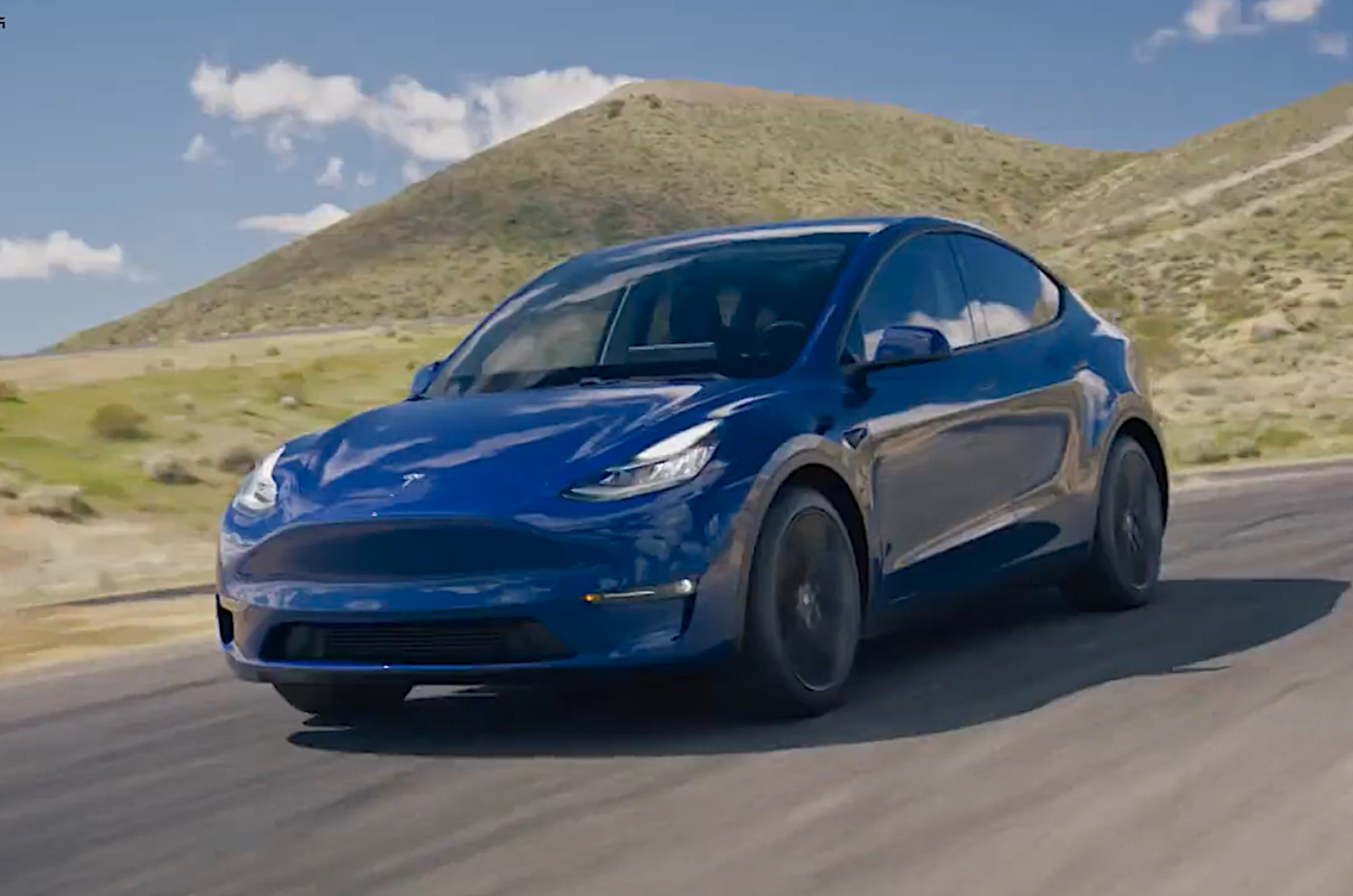
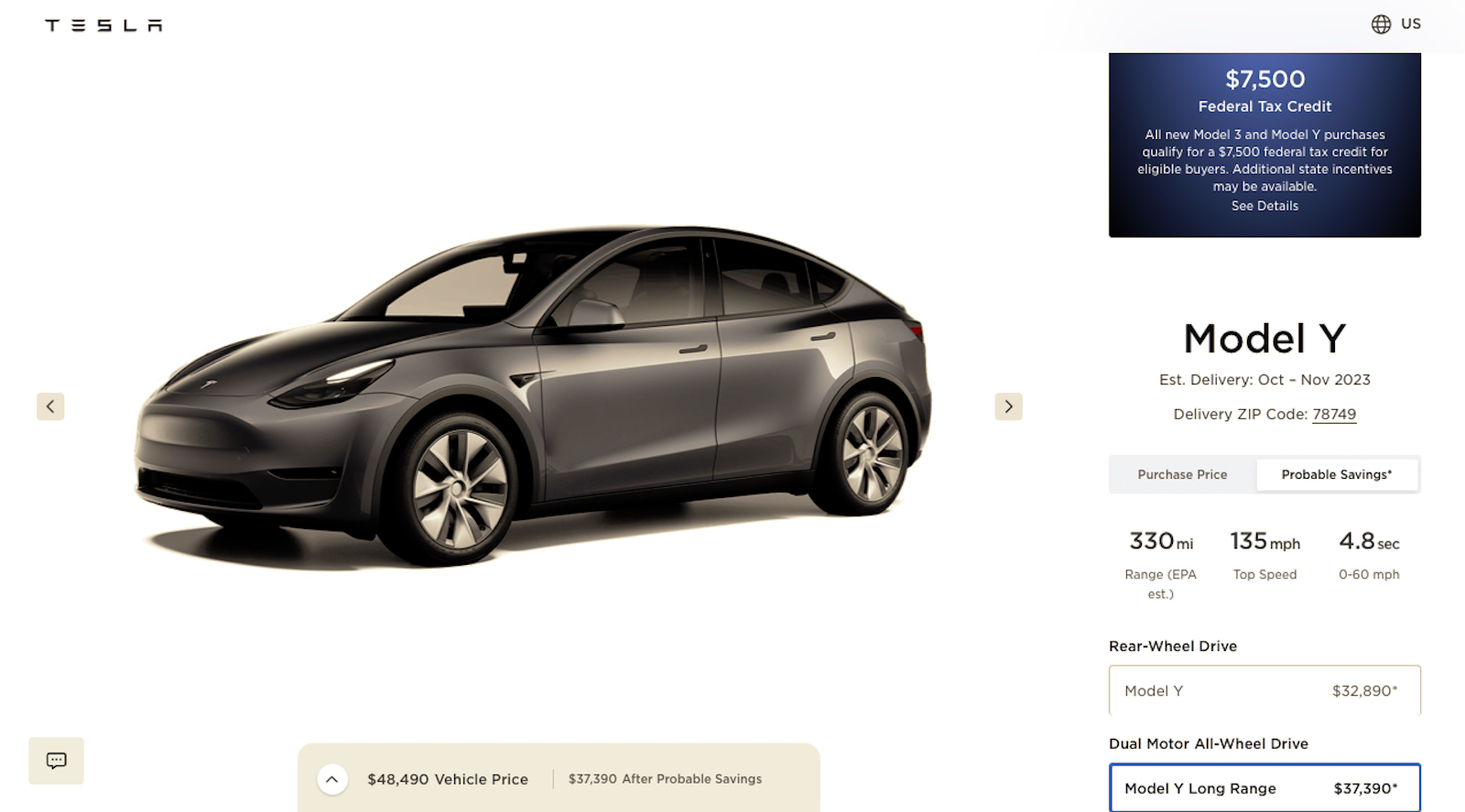
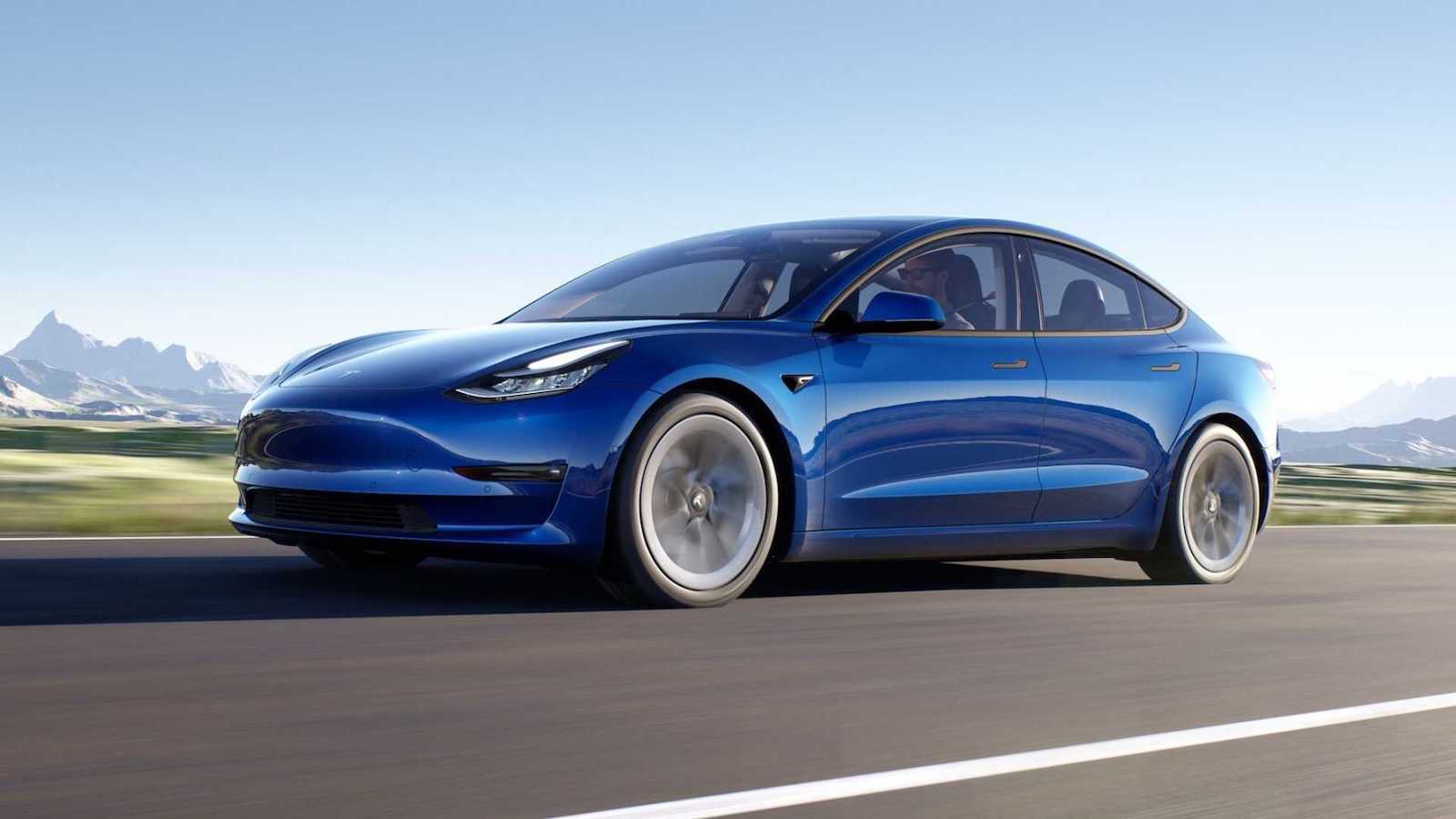
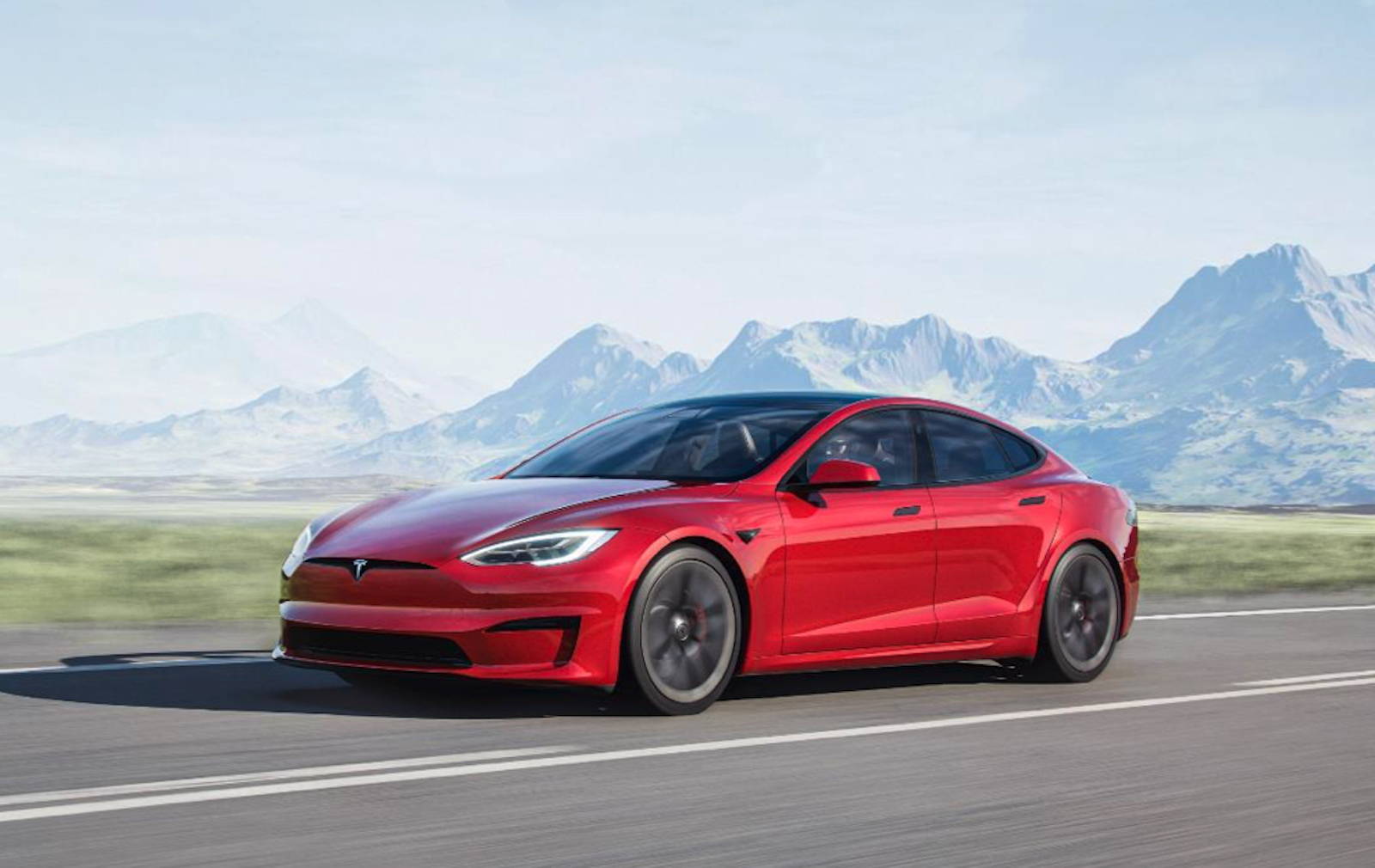
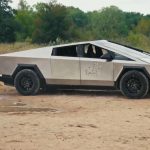
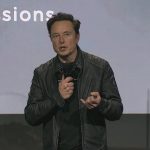
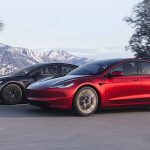


0 Comments